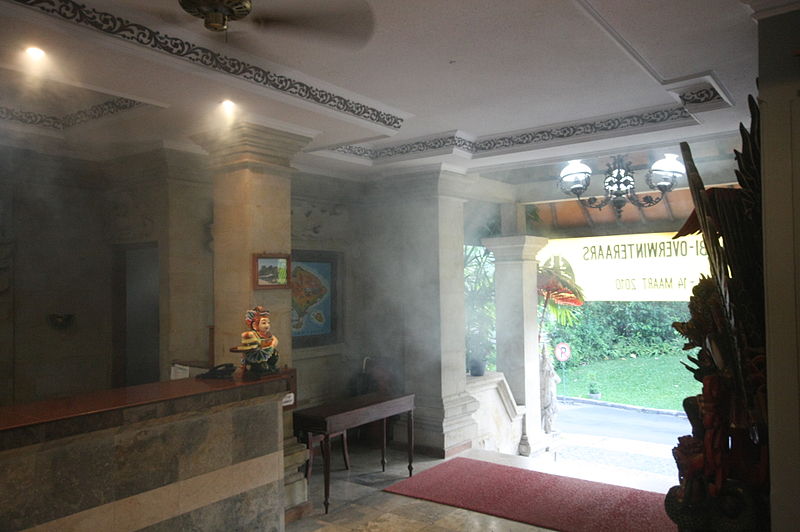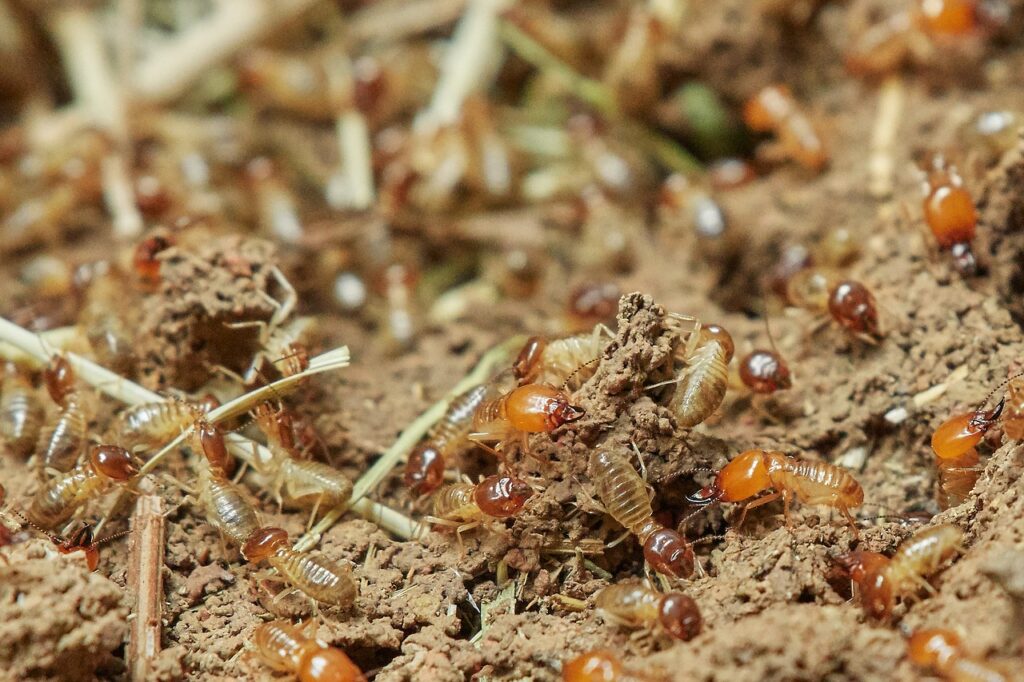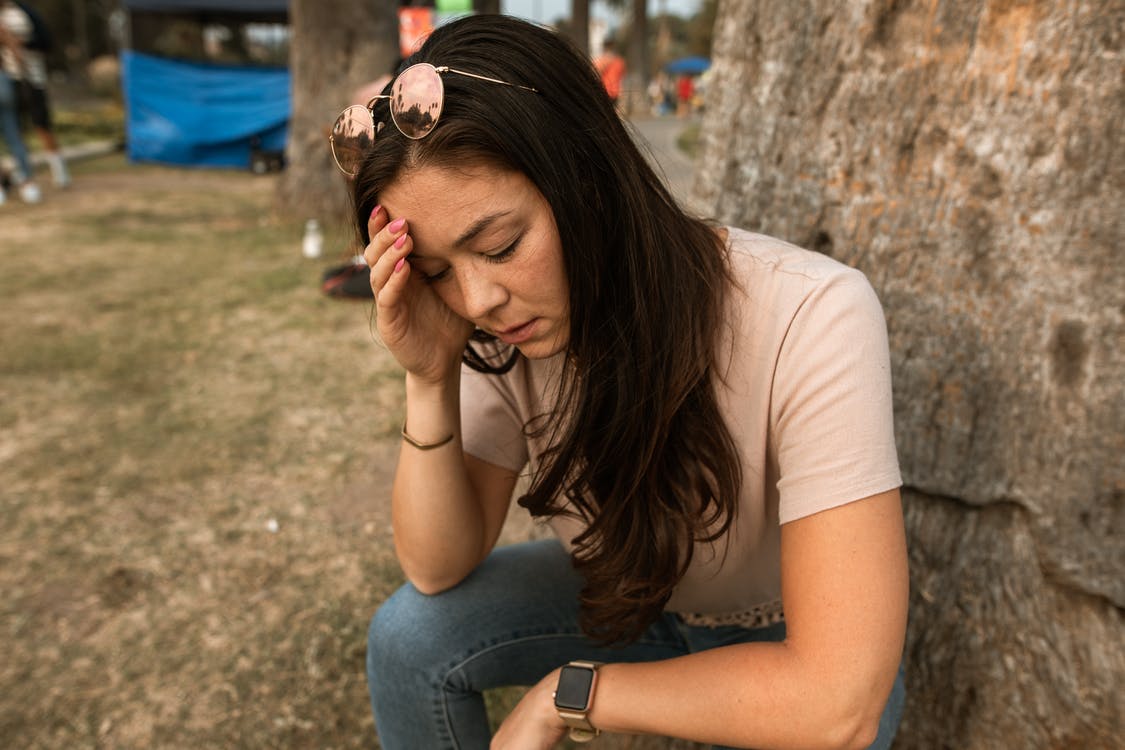If your home is suffering from a termite infestation, one of the best things you can do is to have a termite fumigation. It’s one of the sure-fire ways to get rid of termites for good, but it has its downsides. Here are some termite fumigation side effects you should know about, before fully committing to this effective termite control method.
Termite fumigation and why it can be dangerous
Termite fumigation is done by covering your home with a tent and bombing it with a fumigant gas that kills termites. It’s a very effective termite control method because the gas can reach every nook and cranny of your home. You can’t say the same thing for spot treatments that focus only on specific parts of your property. Spot treatments are great for small infestations. But for infestations that have already spread across the property, termite fumigation is more effective.
Termite fumigation can be dangerous because the fumigant gas used in it has sulfuryl fluoride. It attacks the nervous system. Even though it is not common for the gas to seriously injure or kill someone, it does happen. And you shouldn’t take your chances.
Between 2003 and 2014, 59 incidents of sulfuryl fluoride-related illnesses after termite fumigation have been recorded in California. Out of these incidents, as many as 100 people have experienced symptoms and 7 have died.

Termite fumigation side effects you should know
Sulfuryl fluoride is toxic to humans, animals, and plants. Before your home undergoes termite fumigation, you should get all people, pets, and plants out of there. Anybody who is exposed enough to sulfuryl fluoride can experience a variety of symptoms.
Side effects to you and your family
You and your family should not be at home during termite fumigation. The fumigant gas will envelop the whole area and the tent around your property will prevent the gas from escaping, making it more potent.
Termite fumigation can last up to two to three days. You will have to find a place to stay. If you don’t, you may get exposed to the fumigant gas and experience the following symptoms:
- Burning sensation and/or itching in the eyes
- Diarrhea
- Difficulty breathing and other respiratory problems
- Dizziness
- Excessive secretion of saliva
- Fatigue
- Headache
- Nausea
- Skin irritation
If you have been exposed to the fumigant gas, consult a medical professional. Even those that don’t show symptoms may suffer consequences, such as neurological damage.
Side effects to your pets
Termite fumigation is really effective in getting rid of all kinds of pests. It can even kill pests you didn’t know you have at home. But this just means that the fumigant gas is very potent. This makes your pets just as vulnerable as you are. Bring them with you. If you don’t, they may experience the following symptoms:
- Bleeding
- Convulsions or seizures
- Difficulty breathing
- Irritability
- Watery eyes
You should also look out for the following signs that your pets are distressed:
- Excessive barking or whining
- Pacing or shaking
- Panting
- Sudden changes in behavior and body posture
Your pets can’t directly talk to you. So, you should be a responsible owner and look out for the symptoms yourself.
Side effects to your plants
When it comes to biological dangers, you don’t always think about your garden or your house plants. But know that they are at risk of fumigant gas exposure too. Sulfuryl fluoride is more than 4,000 times more potent than carbon dioxide. And since your plants have a lot of business with the air and carbon dioxide around your property, they can easily become vulnerable to the toxicity of sulfuryl fluoride.
Your garden and house plants may end up dying if they get enough exposure to sulfuryl fluoride. To prevent this from happening, the least you could do is to place them outside of the tent. If you don’t have extra space, ask your neighbor if they can tend to them in the meantime. If you are really out of options, consider bringing them with you.
Side effects to the environment and your neighborhood
Another thing that makes the fumigant gas dangerous to plants is the fact that it traps heat more effectively than carbon dioxide. But it’s not just the plants suffering from this. The entire world can suffer from this greenhouse effect.
After termite fumigation, the professional pest controller removes the tent around your property and releases the fumigant gas into the atmosphere. This contributes to climate change.
But the good thing here is that the fumigant gas has no immediate effect on your neighborhood. The gas dissipates fast enough to not have adverse effects on your immediate surroundings.
The secret to a safe fumigant gas release is proper protocol. Your professional pest controller should have a proper ventilation process. They should also measure the sulfuryl fluoride level before they ask you to go back to the property.

Safety tips to minimize the risks associated with termite fumigation
Termite fumigation side effects can be fatal. But this doesn’t mean that you shouldn’t consider termite fumigation for your termite problems. It’s completely safe if you and your professional pest controller do the necessary preparations and procedures. Also, it’s one of the most effective termite control methods out there.
Here are some things you can do to reduce the risk of experiencing termite fumigation side effects:
- Make sure your professional pest controller is licensed. Your professional pest controller should have the necessary license to practice pest control and operate as a business. If they have the papers, you are sure they have the expertise to deal with your termite problem effectively and safely too.
- Find a place to stay days before the termite fumigation date. Look at your contract with the professional pest controller and find the termite fumigation date. Look for accommodation days before the date to avoid having problems about where to stay.
- Take your personal belongings and double wrap those you can’t take with you. Take everything you can with you, especially those you don’t want to risk being contaminated with fumigant gas. For the items you can’t take with you, use a double wrap.
- Coordinate with your professional pest controller to know if it’s already safe to go back. Don’t just go back to your property just because the two or three-day termite fumigation period has expired. You never know. Your professional pest controller may experience issues that may prolong the process, such as the issue of high sulfuryl fluoride levels. Communicate with your professional pest controller properly to know if it’s safe to go back home.

